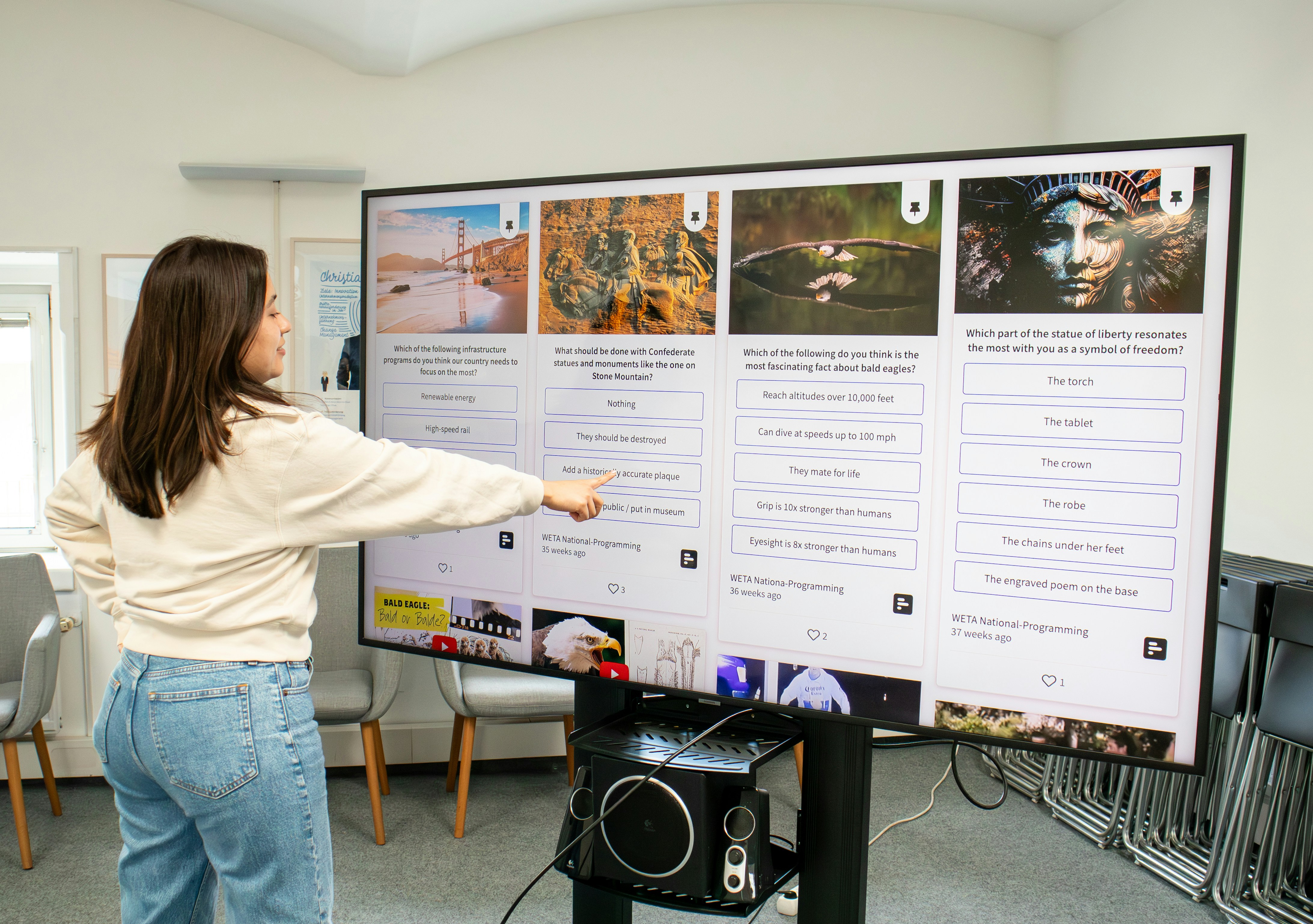In this post, we’ll walk you through how to prepare for a Horizon Europe review meeting, including tips for presenting your project’s progress, results, and impact, as well as practical advice for managing the more administrative and technical aspects of the meeting.
1. Understand the Review Objectives
Before you dive into preparation, it's essential to understand the purpose of the review meeting. The reviewer's focus will vary depending on the stage of the project:
-
Mid-term review: Focus on progress made so far, work packages completed, objectives met, and challenges faced.
-
Final review: Focus on the overall project achievements, delivery of results, and impacts.
Each review stage has specific requirements, so make sure to read the guidelines provided by the European Commission and tailor your preparation accordingly.
2. Structure Your Presentation Effectively
A well-structured presentation is key to conveying your project's achievements and progress effectively. Here's how to organise it:
-
Overview of the Project;
-
Start with a brief summary of the project’s objectives, scope, and the consortium involved.
-
Highlight the relevance of the project to Horizon Europe’s goals.
-
Presentation Templates;
-
Use universal templates for most of the Work Packages (WPs) to ensure consistency and clarity, except for the Management and Dissemination & Communication WPs, which require more specific formats due to their unique nature.
-
Work Packages and Deliverables;
-
For mid-term reviews, focus on the progress of each work package (WP).
-
For final reviews, emphasise completed deliverables and their impact. Make sure to link them to the KPIs and objectives.
-
Results and KPIs;
-
Present your results clearly, showing how they are measurable and aligned with the project objectives.
-
Show the progress of KPIs and demonstrate how the project is meeting or exceeding its targets.
-
Challenges and Mitigation Measures;
-
Be prepared to discuss any challenges encountered during the project. It’s okay to show challenges, but focus on how you are addressing or have already addressed them.
-
Impact and Future Sustainability;
-
For final reviews, emphasise the long-term impact of your project, such as policy influence, environmental benefits, and societal changes.
-
Highlight how the project’s results will be sustained beyond its duration.
3. Administrative and Technical Preparations: Necessary Administrative Documents, Timeline and Templates
Beyond the presentation, there are important administrative aspects to consider for Horizon Europe review meetings. Here’s a checklist of documents and materials you should have prepared;
-
Timeline Management:
Review your project’s timeline to ensure all activities are progressing on schedule. If there are any delays or changes to the timeline, be prepared to explain them during the meeting.
-
Templates:
Horizon Europe provides standardised templates for project reports, deliverables, and financial documents. Be sure to use these templates for consistency and clarity. Familiarise yourself with them early in the process to avoid last-minute rushes.
-
Review and Finalise Reports:
Make sure all project reports (e.g., technical reports, financial statements, and impact reports) are completed, finalised, and ready for submission. Allow time for internal reviews and adjustments.
-
Data and Evidence:
Have any supporting data or evidence (e.g., graphs, tables, charts) ready to show how your KPIs have been tracked and what the results are. Ensure that these documents are easily accessible.
-
Project Deliverables and Milestones:
Ensure all deliverables and milestones are documented and aligned with the project timeline. Review the progress reports submitted so far and ensure they reflect the achievements.
-
Financial Documentation:
Prepare an updated financial report to showcase the budget expenditure and ensure everything aligns with the approved budget.
4. Rehearse with the Consortium
One of the best tips for a successful review meeting is to rehearse your presentation with your consortium as a team. This ensures that everyone is aligned and comfortable with the content, and you can smooth out any issues before the meeting.
Here’s how to approach the rehearsal:
-
Hold a Mock Review Session:
Run a mock review session with your consortium. Each partner should be prepared to present their part of the project and respond to potential questions from the reviewers.
-
For example, work package leaders can practice explaining their progress and results.
-
Timing and Flow:
Practice keeping the presentation within the time limits. Ensure smooth transitions between sections to maintain a cohesive flow.
-
Anticipate Questions:
Reviewers may ask about project challenges, delays, or specific technical details. Prepare to answer these questions confidently and provide solutions or mitigating actions where necessary.
Provide Feedback:
-
Encourage feedback from your consortium members during the rehearsal. This allows everyone to improve their delivery and ensure the presentation is comprehensive.
5. Focus on Clear and Concise Communication
During the review meeting, ensure that your communication is clear and concise. Avoid jargon or overly technical language that may confuse the reviewers. Focus on the big picture—what has been accomplished and how it contributes to the overall goals of Horizon Europe.
Prepare for Success
Preparing for a Horizon Europe review meeting involves much more than just creating a presentation. It requires thorough planning, strong internal coordination, and careful management of the technical and administrative details. By following these steps and rehearsing as a consortium, you’ll ensure that your project is presented clearly, confidently, and effectively.
Successful review meetings not only help validate the progress of your project but also provide an opportunity to demonstrate the impact of your work. With the right preparation, you’ll leave a lasting impression on the reviewers and be ready to tackle the next phase of your Horizon Europe project.





